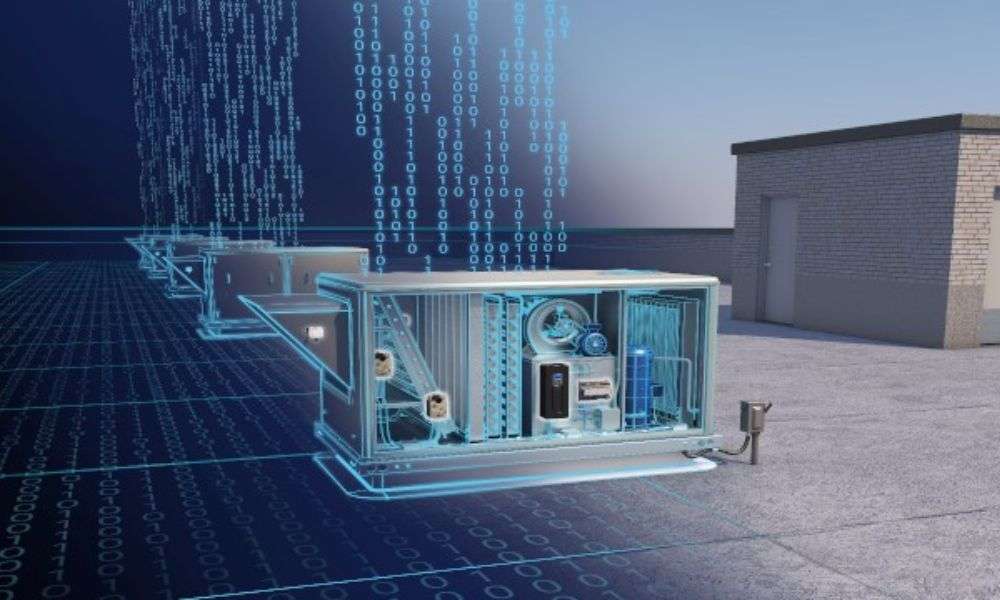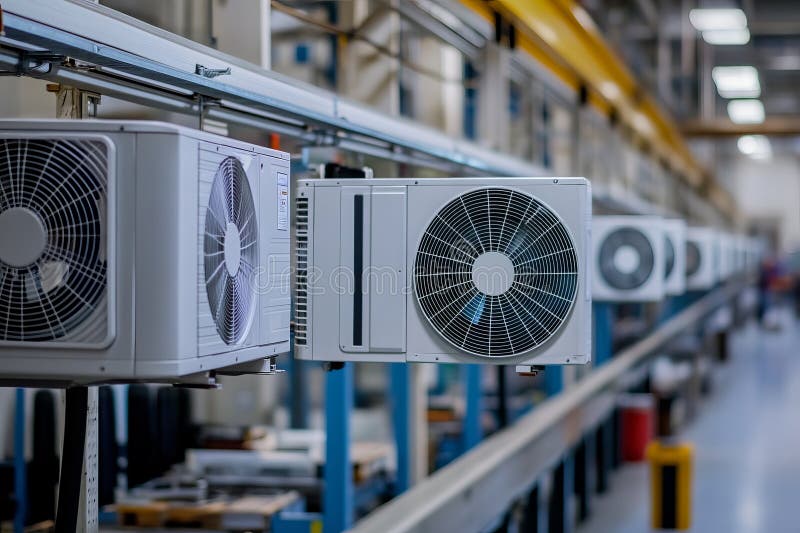In recent years, deep learning models have emerged as a revolutionary tool in various industries, including the HVAC systems sector. These models leverage complex algorithms to improve the efficiency, reliability, and maintenance of heating, ventilation, and air conditioning systems.

Understanding Deep Learning in HVAC Systems
Deep learning is a subset of artificial intelligence that uses neural networks with many layers to analyze data and make predictions. In the context of HVAC systems, deep learning models can predict system failures, optimize energy consumption, and improve overall system performance.
The Importance of Efficiency in HVAC Systems
Efficiency is crucial in HVAC systems to reduce energy consumption and lower operational costs. By implementing deep learning models, businesses can ensure their systems are running at optimal efficiency. These models can analyze vast amounts of data from sensors and predict the best settings for energy conservation.
How Deep Learning Models Enhance Maintenance
Maintenance is a significant aspect of managing HVAC systems. Traditional maintenance methods are often reactive, responding to issues after they occur. However, with deep learning, maintenance becomes predictive. This means that potential problems can be identified and addressed before they lead to system failures.
Predictive Maintenance with Deep Learning
Predictive maintenance uses data collected from HVAC systems to predict when a component might fail. By anticipating failures, maintenance can be scheduled at convenient times, reducing downtime and costs. Learn more about HVAC predictive maintenance.
The Role of Artificial Intelligence in HVAC Diagnostics
Artificial intelligence plays a pivotal role in diagnosing issues within HVAC systems. Deep learning models can analyze patterns and anomalies within system data, providing insights that are not possible with traditional diagnostic methods.
Enhanced Diagnostics
With the integration of AI, diagnostics become more accurate and efficient. AI can identify issues that human technicians might overlook, ensuring that all potential problems are addressed promptly. Discover more about AI in HVAC diagnostics.
AI-Based Airflow Analysis
Airflow is a critical component of HVAC systems, affecting efficiency and comfort. AI-based models can analyze airflow patterns to ensure optimal distribution throughout a building.
Benefits of AI in Airflow Analysis
By using AI to analyze airflow, HVAC systems can be adjusted in real-time to respond to changing conditions. This adaptability leads to improved comfort and energy efficiency. Explore more about AI-based airflow analysis.
The Future of HVAC Systems with Deep Learning
The future of HVAC systems is bright with the integration of deep learning models. These models will continue to evolve, providing even more sophisticated solutions for energy efficiency and maintenance.
Smart Factories and HVAC Systems
As smart factories become more prevalent, the demand for intelligent HVAC systems will increase. Deep learning models will be at the forefront of this transformation, offering unprecedented levels of automation and efficiency. Dive into the role of smart factories.
Real-Time Diagnostics
Real-time diagnostics are essential for maintaining the health and efficiency of HVAC systems. Deep learning models provide the capability to monitor systems continuously and make adjustments as needed.
Implementing Real-Time Monitoring
By implementing real-time monitoring, businesses can ensure their HVAC systems are always operating at peak performance. This proactive approach reduces the risk of unexpected failures and extends the lifespan of the systems. For more information, check out real-time HVAC diagnostics.
External Perspectives on Energy Efficiency
Energy efficiency remains a top priority for businesses worldwide. The integration of AI and deep learning in HVAC systems is a step forward in achieving significant energy savings. For further insights, explore this external perspective on energy efficiency.

Conclusion
Deep learning models for HVAC systems represent a significant advancement in technology, offering enhanced efficiency, predictive maintenance, and improved diagnostics. As these models continue to develop, they will play a crucial role in shaping the future of HVAC systems, ensuring they are more reliable and cost-effective than ever before.
Frequently Asked Questions
1. What are deep learning models used for in HVAC systems?
Deep learning models in HVAC systems are used to optimize energy efficiency, predict maintenance needs, and enhance system diagnostics.
2. How does AI improve HVAC system maintenance?
AI improves HVAC system maintenance by enabling predictive maintenance, which anticipates failures and schedules maintenance before issues become critical.
3. Can deep learning models reduce energy consumption in HVAC systems?
Yes, deep learning models can analyze data to optimize HVAC system settings, leading to reduced energy consumption and lower operational costs.
This article contains affiliate links. We may earn a commission at no extra cost to you.
